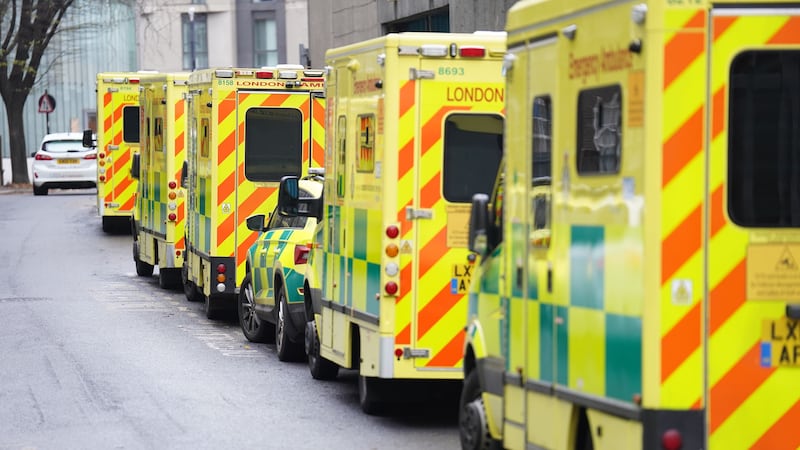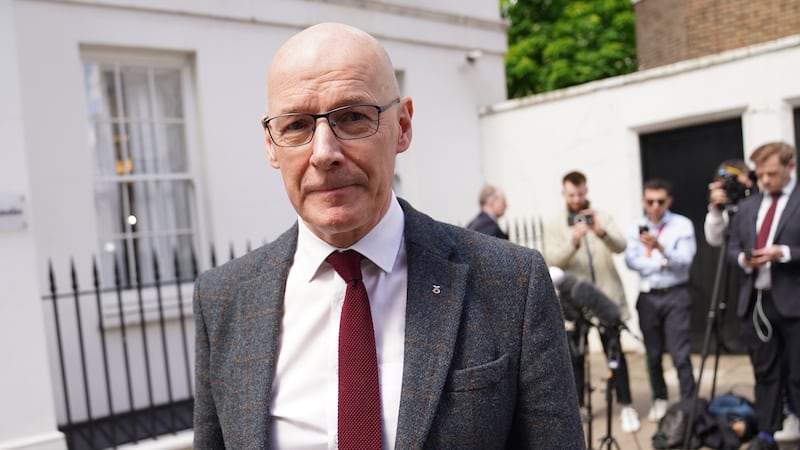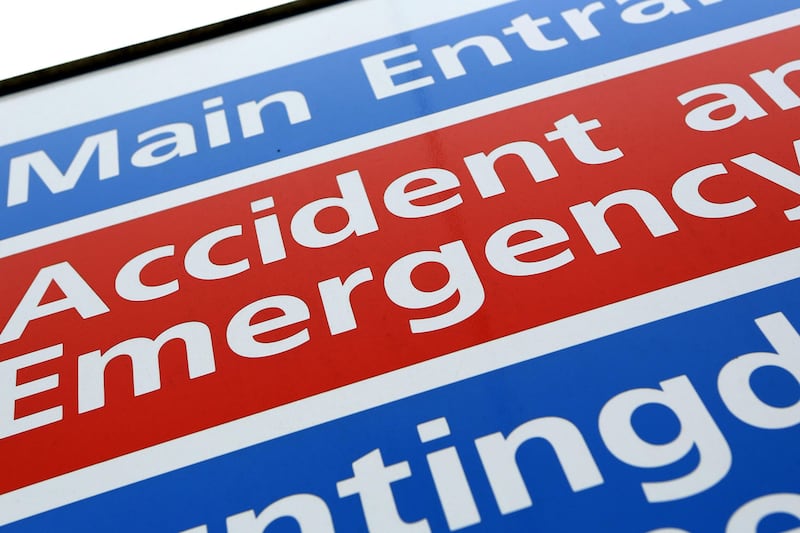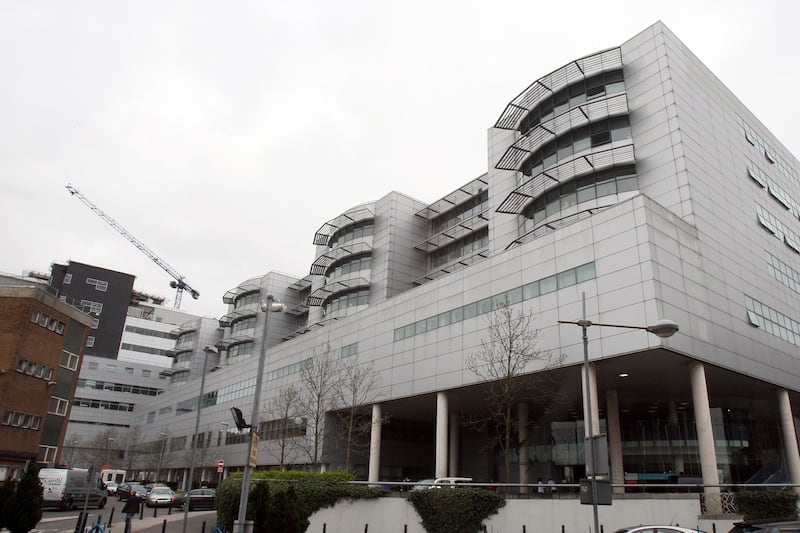Hospitals in England will be allowed to cut back on some pre-planned care to cover the costs of strikes in the NHS, it has emerged.
The unprecedented industrial action which has beset the NHS since December last year has led to a bill of over £1 billion for the health service in England.
But it is understood that only four fifths of the cost will be footed through various sources.
One measure proposed to balance the books is cutting back on pre-planned care.A record 7.75 million people are waiting to start treatment in England.Prime Minister Rishi Sunak has said that cutting the record waiting list in the NHS was one of his key priorities.
Health sources have said that around £800 million of the strike bill will be footed through various means: £200 million taken from the Government’s fund to boost the resilience of the service over winter; it is hoped the Treasury will provide £100 million in new money, and the final £500 million will come from existing NHS England (NHSE) and Department of Health and Social Care (DHSC) budgets.
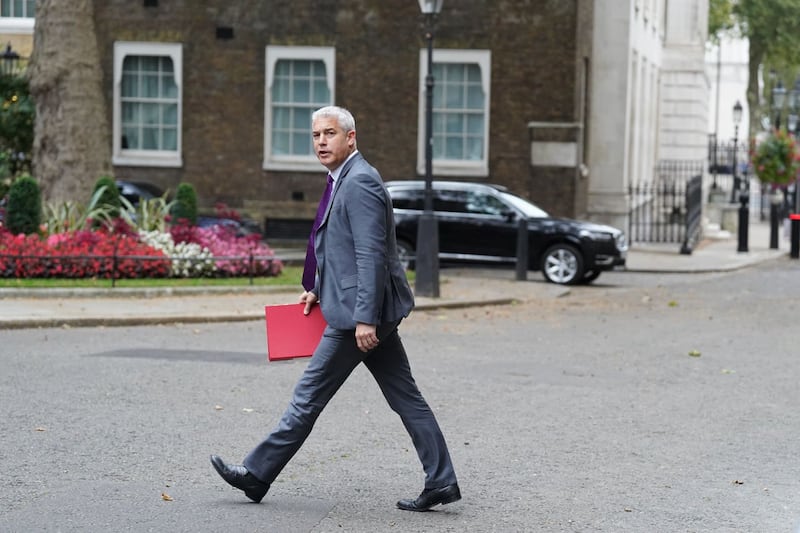
It is understood that DHSC and NHSE will be forced to raid buildings and technology budgets in order to find the money.
But this will also come as a blow to hospitals, which already have a maintenance backlog of around £10 billion.
In a letter to hospital bosses and other local NHS leaders, NHS England said that the priorities for the rest of the financial year are “to achieve financial balance, protect patient safety and prioritise emergency performance and capacity, while protecting urgent care, high priority elective and cancer care”.
It adds: “The impact of the more than 40 days of industrial action this financial year has created unavoidable financial costs that we estimate to be around £1 billion, with an equivalent loss of elective activity.”
The letter says that the “elective recovery target” – the ambitions for recovering the waiting list – will be “reduced” for the rest of the financial year.
It also asks local leaders to come up with new plans “reflecting the impact of the reduced elective activity goal”.
“The foundation of this reset should be protecting patient safety, including in maternity and neonatal care, and prioritising UEC (urgent and emergency care) so that patients receive the best possible care this winter,” the letter states.
It adds: “The primary focus for elective activity should be on long waits and patients with urgent care and cancer needs, including reducing the cancer backlogs.”
Leaders have been told to outline the amount of activity they expect to do in their plans, and any implications on the goal of cutting 65-week waiters from the NHS backlog by March.
Local NHS bosses have been told to make these plans under “a scenario where there are no further junior doctor or consultant strikes”, but they have been asked to consider how costs of any possible strike actions “can be minimised as far as possible”.
Strikes come with a hefty bill due to the cost of cover for those on picket lines and admin work to change pre-planned appointments.
It comes as talks between doctors from the British Medical Association and the Government continue in a bid to avert more strikes.
Asked about strikes on BBC Breakfast, Health and Social Secretary Steve Barclay said that pay for this year is “settled” but “it’s right that we have discussions with the doctors’ union”, adding: “I’m not going to give a running commentary and you wouldn’t expect me to in terms of those discussions”
Mr Barclay continued: “The strikes are causing significant damage in terms of the impact on waiting times for operations and for treatment…we’re keen to see the strikes end because we recognise there is a significant impact from those strikes on patient care.”
A Department of Health and Social Care spokesperson said: “We are backing the NHS and social care with record funding and have invested up to £14.1 billion to tackle the backlog caused by the pandemic and cut waiting lists, which is one of the Government’s five key priorities.
“We are also working with NHS England to mitigate the impact of industrial action, to ensure that patients continue to receive the highest quality care over the coming months and ease pressure on hospitals.
“Patient safety remains our number one priority and the NHS continues to make every effort to ensure there are safe levels of cover during industrial action.”
